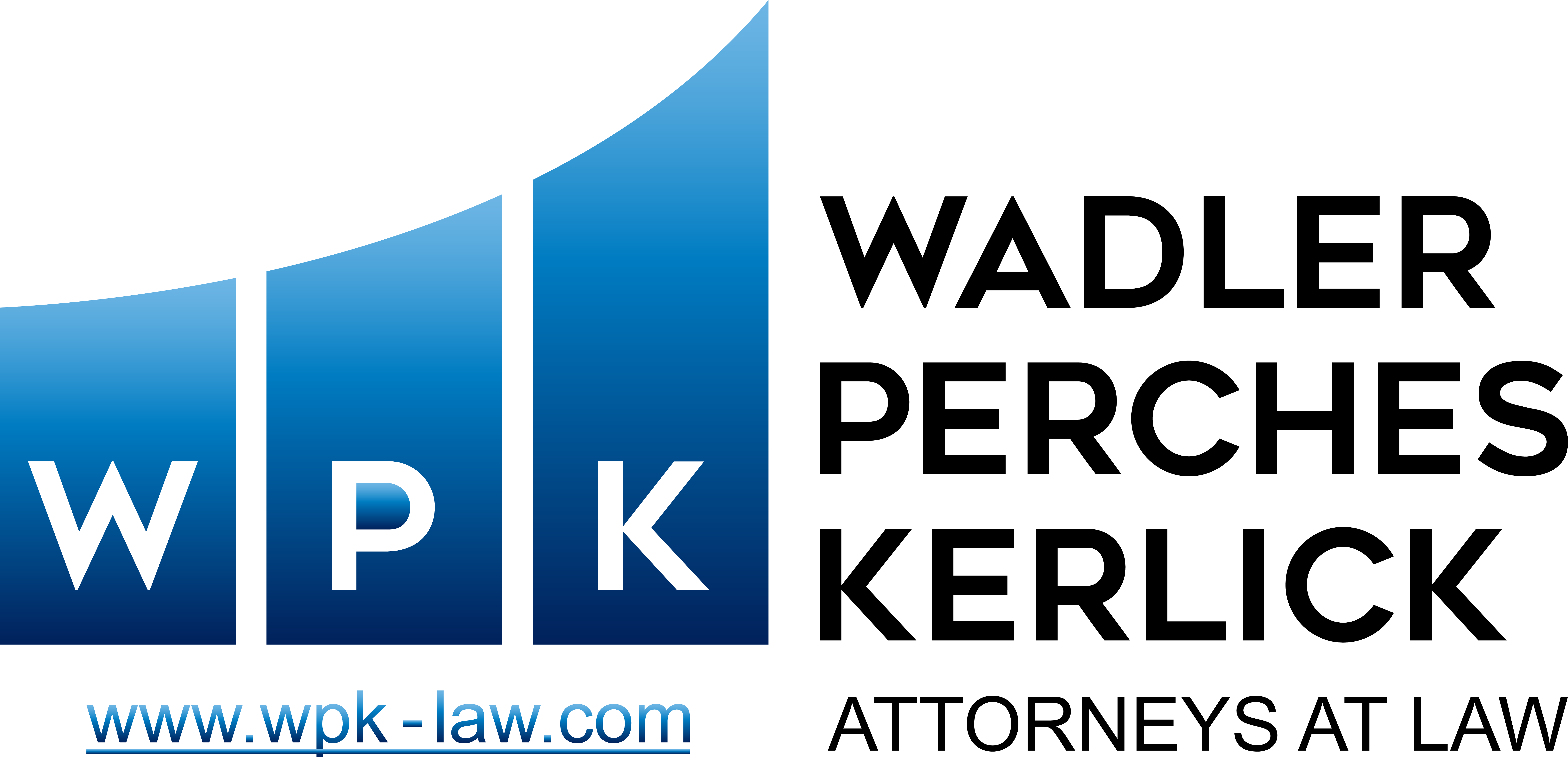What are Covenants Not to Compete and Nondisclosure Agreements (NDAs)?
Call us. Attorney Ray Kerlick talks about covenants not to compete and NDAs in this video. If you’re being asked to sign a covenant not to compete or a nondisclosure agreement, it’s in your interest to review the agreement with a qualified business attorney like those at Wadler, Perches, Hundl & Kerlick. If you’ve already signed one of these agreements and you’d like to know how it will affect your future employer, please call one of our experienced attorneys for an appointment.
Summary of Covenants Not to Compete and NDAs Or Non-Disclosure Agreements
– Hello, my name is Ray Kerlick. I’m a partner with the law firm of Wadler, Perches, Hundl and Kerlick in Wharton, Texas. Today I’d like to talk a little bit about Covenants Not to Compete and Non-Disclosure Agreements or NDAs.
Most people are familiar with these terms and most people have probably even seen one because many folks have signed them. There is a lot of misconception among laypeople, and frankly, there’s some confusion in the law, about how enforceable these items are. I’ll do my best to summarize what I understand the current state of the law to be.
Covenants Not to Compete can be enforceable and often will be enforceable. They do have to be reasonable, both in scope and duration, and they do have to be supported by some type of consideration. However, this consideration can be the provision of confidential information such as pricing, customer lists, and other items that would be the natural course of business as being an employee.
No further consideration is necessary other than that. So to the extent that someone’s told you that covenants not to compete are not enforceable in Texas, it isn’t true. They’re not blanketly enforceable, but they certainly are enforceable within certain guidelines.
Before signing an employment agreement that includes a covenant not to compete, or a non-disclosure agreement, you should at least take this by the attorney of your choosing and let him or her review that with you briefly. I don’t think that any potential employer is going to be taken aback by that. They certainly had a lawyer draft the version that they’re handing you, so they shouldn’t be in any way offended that you are going to have your attorney take a look at it and determine whether we think it’s reasonable or overbearing in some way.
Non-disclosure agreements are also enforceable. A non-disclosure agreement is just what it sounds like. You agree that, should you be the recipient of certain confidential information from your employer, that you won’t disclose it to someone else after you leave their employment. I will tell you that these are certainly much more enforceable than a covenant not to compete. Indeed, I think the assumption among most courts is that if you did have access to any confidential information at the business, you will likely disclose it unless specific precautions are taken to make sure that doesn’t happen.
Now, in the setting where you have actually signed either a non-compete or a non-disclosure, there are a few items to keep in mind. Should you choose to leave the employment, there’s always a possibility that you can negotiate the release or removal of these restrictions from you. If you’re leaving on some type of disputed terms, that’s certainly something that you can discuss with your employer. Even if you’re leaving on good terms, it’s something that you ought to discuss with your employer.
If that’s not possible and you’ve moved on to another job, it’s certainly something that you should bring to the attention of your future employer as quickly as possible and, quite frankly, normally before you’re hired. Oftentimes these companies, who may be competitors, are going to be familiar with the specific provisions included in these contracts, and they’ll know whether or not they feel comfortable taking you on as a new employee based on what they have seen in the past dealing with this particular provision. In normal analysis, they’d be the party who is also involved if there is a lawsuit that stems out of this. They’ll actually be named as a party.
You don’t want the first notice they have of the fact that you have a covenant not to compete to be that they’ve been sued. So, again if you have signed one, it’s a smart idea to let any potential employer know that it’s out there. Make sure they’re familiar with the language. Most of the time they’ll be familiar with the restrictions generally and how they can limit your work until the covenant not to compete expires.
Should you reach the place where you are thinking about or talking about a lawsuit, you should certainly immediately contact a lawyer. You should recognize that there are emergency provisions available to the employer that could actually limit your ability to go to work for a new employer, subject to a release of that covenant.
These are very serious issues and certainly not ones that should be taken lightly. Take the opportunity to consult with an attorney of your choosing. We’d be happy to discuss any of these issues with you at further length and we appreciate your time.
Wadler, Perches, Hundl & Kerlick has many years of experience representing the interests of employees working for many different employers. We’ve also advised many business clients in defining their relationships with employees, including covenants not to compete and NDAs or nondisclosure agreements.
Related Links
Contract Disputes & Negotiation



